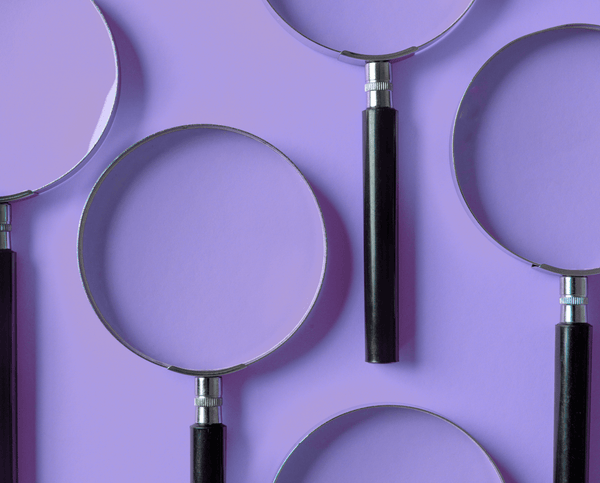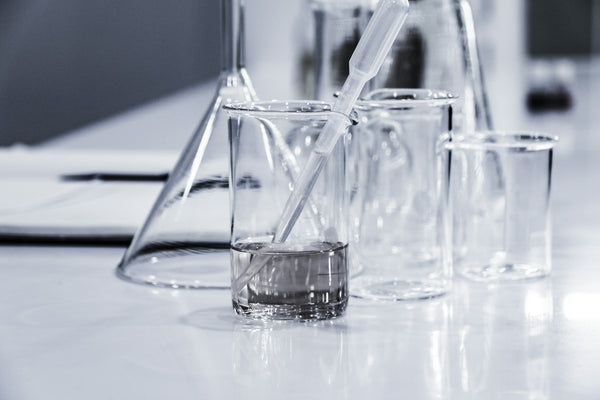Article
Can CoQ10 Improve Fertility After 40?
Posted on
Yes. CoQ10 may help enhance fertility in women over 40 by supporting mitochondrial energy and reducing oxidative stress in egg cells. While it cannot reverse age-related decline, several studies show improved ovarian function and embryo quality, especially when used before assisted reproduction.
In this blog, we review the science behind CoQ10 for mature egg health, discuss ideal dosages, and why it may be a beneficial addition for women navigating fertility after 40.
How Age Affects Egg Quality
From around age 35, the number and quality of eggs decline due to mitochondrial dysfunction and oxidative damage. This results in reduced fertility and higher miscarriage rates. CoQ10 is naturally produced in the body but decreases with age, which may further impair mitochondrial function in older eggs[1].
Research: CoQ10 and Fertility in Older Women
A 2020 meta-analysis reviewing five randomised controlled trials found that oral CoQ10 significantly improved clinical pregnancy rates among women undergoing assisted reproductive technologies, particularly in those with poor ovarian response or PCOS[2].
Another meta-analysis focused on women with diminished ovarian reserve (DOR) showed CoQ10 pretreatment led to better outcomes: higher clinical pregnancy odds, increased number of mature eggs, more quality embryos, and lowered cancellation rates[3].
In animal studies, CoQ10 supplementation delayed ovarian aging by preserving mitochondrial function and reducing oxidative stress in older mice, offering a model for potential human benefits[4].
What Dose Is Used in Studies?
Studies used a range of dosages from 30 mg/day up to 600 mg/day. Common dosages for women over 40 start around 200 mg/day. Higher doses were used in IVF settings under medical supervision[2][3].
Learn more about what we recommend when it comes to how much CoQ10 to take here.
Zita West Kaneka Ubiquinol CoQ10
CoQ10 comes in two forms: ubiquinone and ubiquinol. Ubiquinol is the active form that is more readily absorbed, especially important for women over 40 who may have reduced conversion ability. Learn more about the differences here. Zita West Kaneka Ubiquinol CoQ10 uses this premium form, designed to support egg health and fertility-focused energy.
When to Start and How to Take It
If you’re trying naturally or preparing for IVF over 40, start CoQ10 at least three months before conception or treatment. Take 200 mg daily with a fat-containing meal to improve absorption.
Safety and Side Effects
CoQ10 is well tolerated at recommended dosages. Research reports minor side effects like nausea or stomach upset in a small minority. There’s no evidence of serious risks, but always inform your fertility team before starting CoQ10[2].
While CoQ10 isn’t a miracle cure, the evidence supports its ability to help improve egg quality and fertility outcomes after 40, especially in IVF or diminished ovarian reserve scenarios. Zita West recommends 200 mg of Kaneka Ubiquinol CoQ10 daily, ideally started three months before trying to conceive.
To explore personalised guidance, consider booking a free 15 minute 1:1 consultation with a Zita West nutritionist
FAQs: CoQ10 After 40
Can CoQ10 improve naturally occurring fertility after 40?
Yes, studies suggest it may support mitochondrial health in eggs and improve pregnancy outcomes, especially when taken at least three months prior to trying or fertility treatment.
What dose of CoQ10 is recommended for women over 40?
200 mg daily is commonly used for natural fertility; higher doses (up to 600 mg) are used in IVF under medical supervision.
When should I start taking CoQ10?
At least three months before trying to conceive or undergoing fertility treatments, to align with the egg development cycle.
Is CoQ10 safe to take after 40?
Yes—CoQ10 is considered safe and well tolerated with minor potential side effects. Always discuss with your fertility provider.
References
- A Ben-Meir, E Burstein, A Borrego-Alvarez, J Chong, E Wong, T Yavorska, T Naranian, M Chi, Y Wang, Y Bentov , J Alexis, J Meriano H K Sung, D L Gasser, K H Moley, S Hekimi, R F Casper, A Jurisicova (2015). Coenzyme Q10 restores oocyte mitochondrial function and fertility during reproductive aging. PubMed.
- P Florou, P Anagnostis, P Theocharis, M Chourdakis, G Goulis (2020). Does coenzyme Q10 supplementation improve fertility outcomes in women undergoing assisted reproductive technology procedures? A systematic review and meta-analysis of randomized-controlled trials. PubMed.
- Y Xu, V Nisenblat, C Lu, R Li, J Qiao, X Zhen, S Wang (2018). Pretreatment with coenzyme Q10 improves ovarian response and embryo quality in low-prognosis young women with decreased ovarian reserve: a randomized controlled trial. PubMed.
- X Nie, X Dong, Y Hu, F Xu, C Hu, C Shu (2023). Coenzyme Q10 Stimulate Reproductive Vatality. PubMed.
This content is educational and not medical advice. Please consult your fertility specialist before beginning any supplement regimen.
Further reading
-

Kaneka Ubiquinol (CoQ10) & Fertility: What the Research Shows
Unpacking the science behind Kaneka Ubiquinol’s role in supporting reproductive health and its antioxidant benefits for both prospective mothers and... -

Debunking Five Common Fertility Myths
Fertility is a subject that often attracts myths, speculation and outdated advice. For people who are trying to conceive, this...



